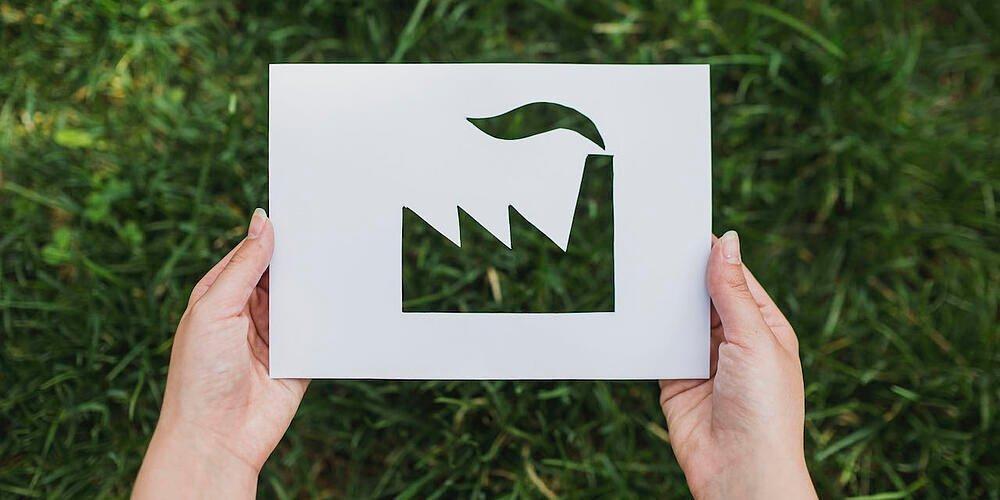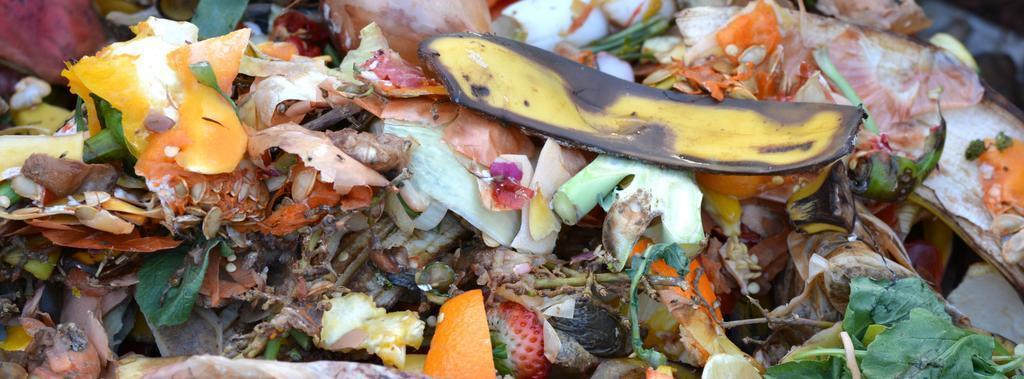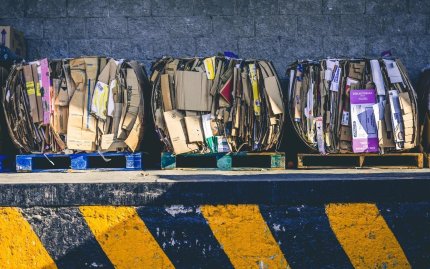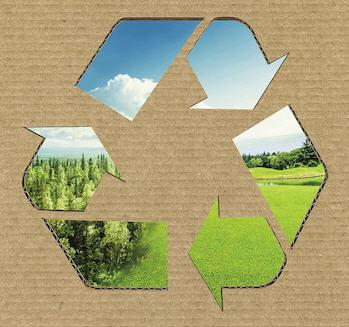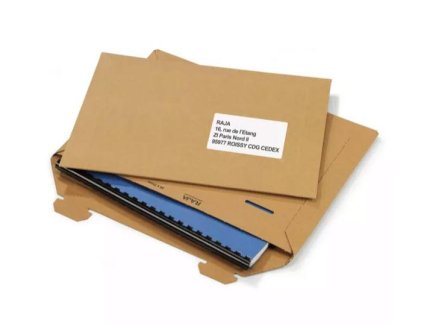Waste minimisation around the world
Did you know that we dump 2.12 billion tons of waste per year globally? Thanks to growing populations and economies, this figure is predicted to grow by 70% as soon as 2050. So, what can we do to stop this number from continuing to rise?
One way that countries are already working to curb waste is by implementing two types of initiatives: ones that help maximise waste recovery, and ones that seek to minimise waste overall. We looked at which countries are faring well in the fight against municipal waste, and what learnings we can take from them.
Recycling
Recycling is the process of collecting and processing materials that would otherwise be thrown away as trash and turning them into new products. From eco packaging to plastic alternatives, we are collectively moving toward more products that can be recycled and more products that have been made from recyclable materials. Out of the Organisation for Economic Cooperation and Development (OECD) countries we explored, we found that Germany were the top recyclers, recycling almost half (49%) of their waste, followed by Slovenia (47%) and Belgium (33%).
Germany is embracing this lifestyle through many ways, and one of these is their Green Dot system. This makes manufacturers and retailers pay for a green packaging sticker to show that a fee has been paid to fund its recycling. The results are twofold: manufacturers cut down on the materials they use, and consumers are able to recycle the full product and its packaging.
Composting
It is said that almost half of the food waste in the average UK rubbish bin could be composted. This is the process of letting kitchen and garden waste decompose in a dedicated bin, and using it as fertiliser for plants. It not only saves money and resources, but also helps to improve the soil and reduces the impact on the environment. Looking at the five-year average, the composters that came out on top were Austria (32%), Netherlands (28%) and Switzerland (21%).
Austria’s impressive biowaste management comes from a combination of things. They boast high-quality home composting, separate collections where home composting is not possible, as well as on-farm or municipal composting plants.
Lithuania also has commendable composting performance, having increased their composting by 22% over the last five years. Just one of the ways they’re doing this is through waste management centres. In Lithuania, most private houses are provided with free composting boxes, as well as needing to follow strict guidance on how to separate food and kitchen waste.
Landfill
Globally, we’re producing around 1.3 billion tons of landfill waste annually, with a projected increase to 2.2 billion tons by 2025 – with less places to put it, and more landing in our precious oceans every day.[2] The toxicity of landfills is bad for our health and the environment, which is why 23 out of 29 countries have been making reductions over the last five years.
Turkey (93%), Greece (83%) and Latvia (69%) were the worse culprits for sending municipal waste to landfill. One thing worth noting however, is that, while it’s now illegal to send non-recoverable materials overseas, it doesn’t always work like that. Many countries send recyclable waste to other countries because it’s cheap, reduces landfill, and ticks off their green goals. The problem? Unrecyclable materials are often found amongst the waste sent over, forcing other countries to add it to their own landfill statistics.
Incineration
Incineration tends to be the lesser talked about disposal option. It’s a slightly more complex method in that some incineration techniques get rid of waste but do not recover it, whereas others can convert waste into the likes of ash, flue gas and heat. These are referred to as ‘incineration with energy’. Even then however, there are some consequences, including the emissions that are released into the air when energy is produced.
Sweden is a country that is using incineration with energy efficiently. Just over half of their waste is recovered in this way, thanks to their 35 waste-to-energy power plants around the country. This municipal waste works to provide both district heating and electricity to their 10 million residents. In fact, according to research, Sweden recovers more energy from each ton of waste than any other country![3]
What about waste production?
Ultimately, however, while positive recovery is an important part of our war on waste, we can’t get away from the fact that we need to produce less waste in the first place. A truly conscious country will not only be recovering a high proportion of their waste, but producing a low percentage of it, too. Why not read our full campaign on waste minimisation to find out which countries are proving themselves the shining star in both of these areas?
[1] https://www.recyclenow.com/reduce-waste/composting/why-compost
[2] https://steelysdrinkware.com/growing-global-landfill-crisis/
[3] https://smartcitysweden.com/focus-areas/climate-energy-environment/waste-to-energy/#:~:text=Incineration%20is%20a%20method%20ideally,waste%20than%20any%20other%20country.







